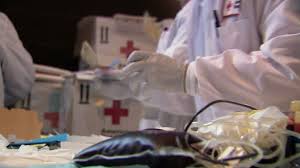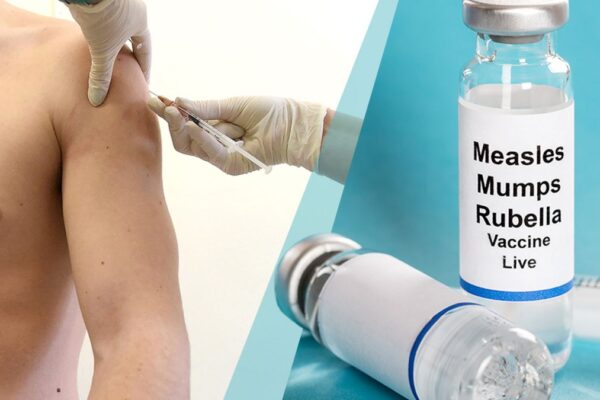
Introduction
Blood donation plays a critical role in modern healthcare systems, providing essential support to patients undergoing surgeries, treatments for chronic diseases, and those affected by traumatic injuries. The relevance of voluntary blood donation cannot be overstated, especially as global health crises and emergencies continue to rise. Approximately 30,000 donations are needed daily in the UK alone to meet the demands of patients across various medical care scenarios.
Current Events in Blood Donation
As of 2023, the National Health Service (NHS) has reported an urgent need for blood donations, particularly of type O blood, which is universal and can be transfused to any patient, regardless of their blood type. Campaigns such as ‘Give Blood, Save Lives’ have been launched to encourage new donors, especially among younger generations. During the COVID-19 pandemic, blood donation levels saw a significant decline due to lockdowns and restrictions, which has further intensified the importance of stabilising blood stocks.
Recent surveys indicate that while a large percentage of the population acknowledges the importance of blood donation, only a fraction actively registers to donate. In 2022, just 3.5% of the UK population donated blood, evidencing the urgent call for more voluntary donors. The NHS Blood and Transplant (NHSBT) continues to urge communities to come forward, especially with the rise in elective surgeries and medical treatments being resumed post-pandemic.
Benefits of Blood Donation
Blood donation is not only life-saving for recipients; it also provides health benefits to donors. Regular blood donation can reduce the risk of cardiovascular diseases and certain cancers. Additionally, it promotes the production of new blood cells in the body, thus improving the donor’s overall wellbeing. Community donations foster a sense of responsibility and connection among residents, reinforcing the idea that together, communities can make a significant impact on healthcare.
How to Get Involved
Individuals interested in becoming blood donors can easily sign up through the NHS website or local blood donation centres. The process is straightforward, involving a simple registration, a quick health check-up, and the donation itself, which usually takes less than an hour. The NHS also offers various community drives and mobile donation units, making it more accessible than ever.
Conclusion
In conclusion, blood donation remains a fundamental part of healthcare, having the power to save lives and impact the community positively. As the demand for blood products continues to rise, it is essential for individuals to consider donating as a way to contribute meaningfully to society. With ongoing campaigns and resources readily available, now is the perfect time to respond to the call for blood donors and make a life-saving difference.
You may also like

Understanding the Current Measles Outbreaks
The Integral Role of Hospitals in Modern Healthcare
